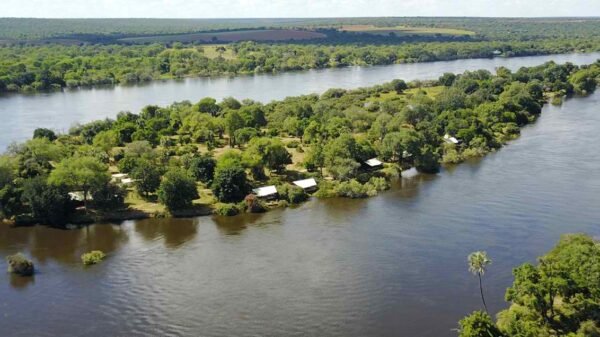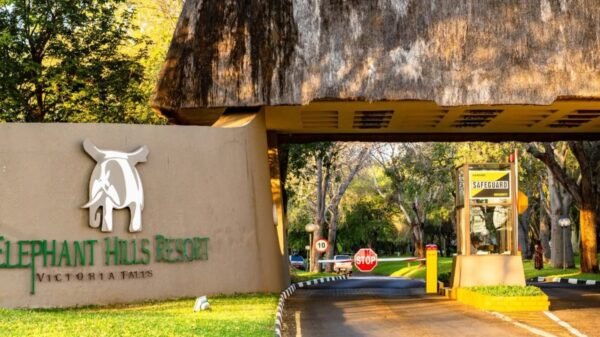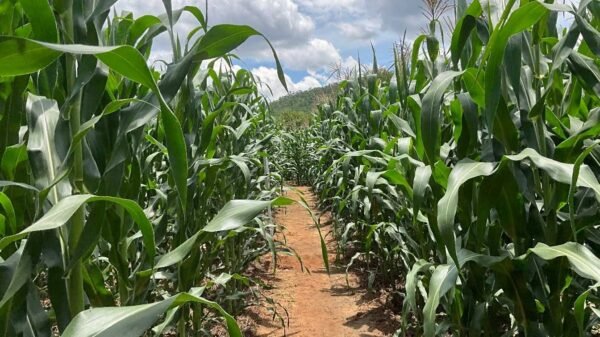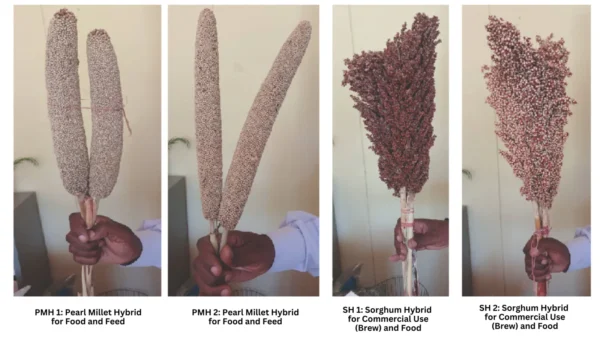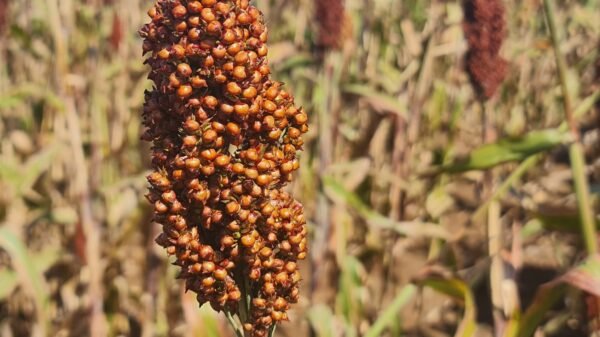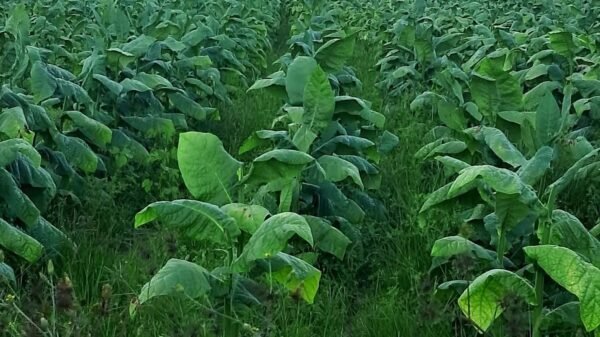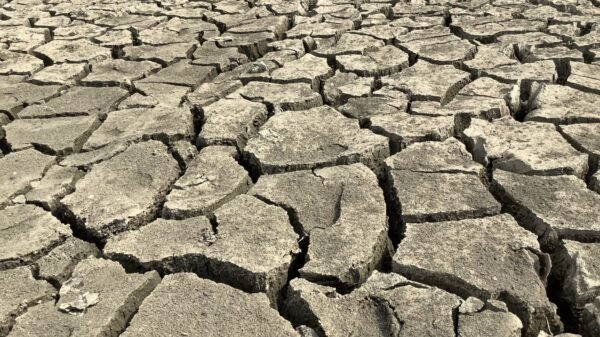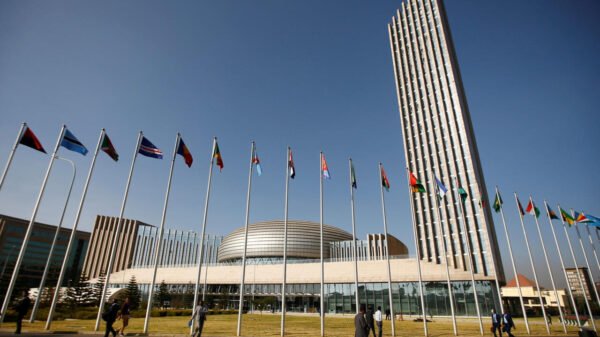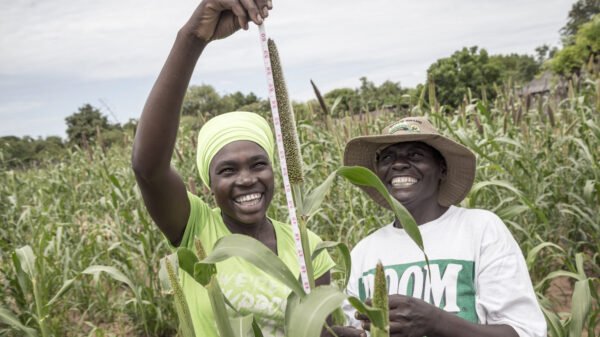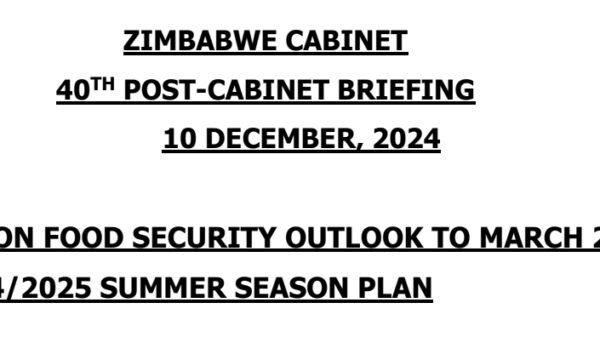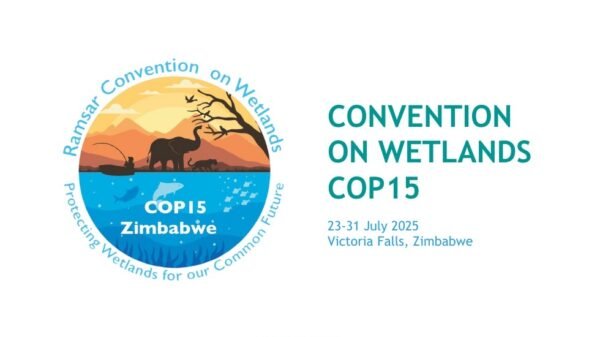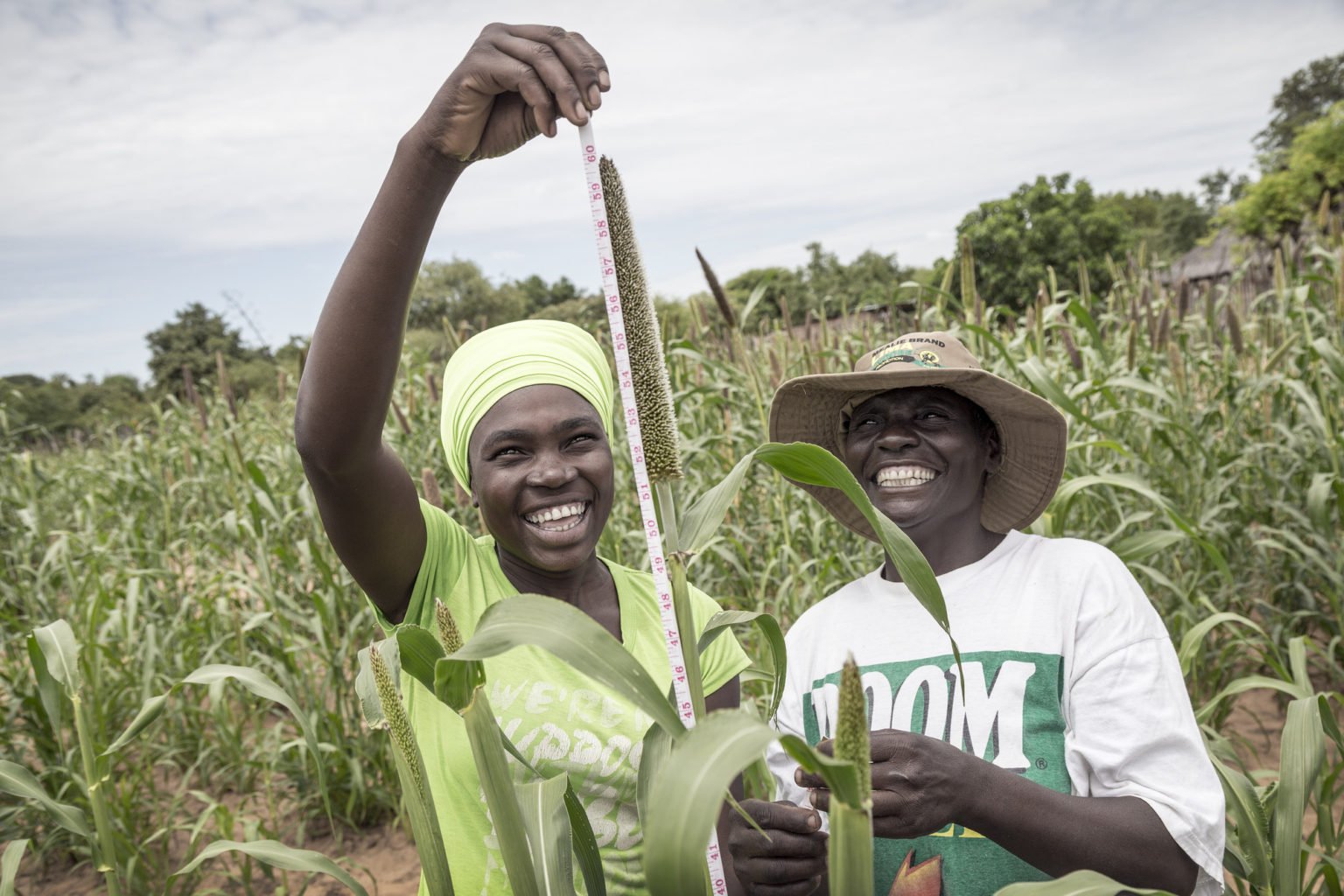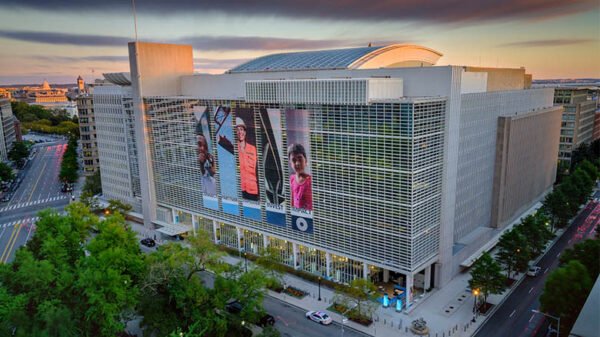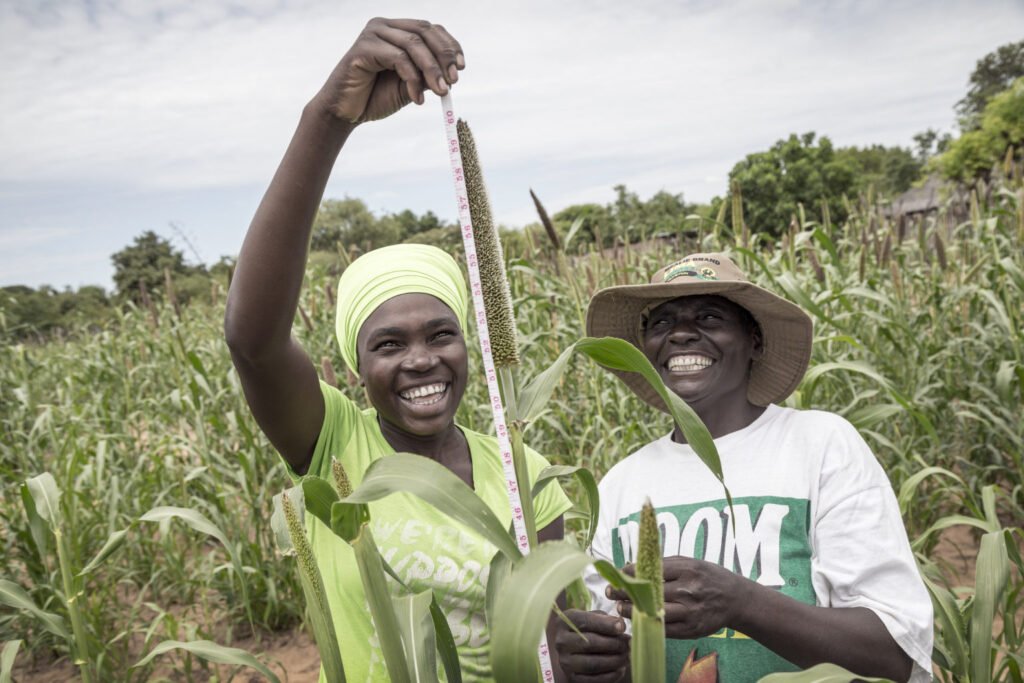
Picture credit: SDHS.
ONE of the factors mitigating against structural and economic transformation in Zimbabwe is low labour productivity, particularly in the agricultural sector.
Despite receiving vast amounts of funding over the years, the farming sector continues on a sluggish path.
A 2022 World Bank Country Memorandum revealed that Zimbabwe’s productivity has been weighed down by weak productivity in the agricultural sector, despite significant support to the sector since the early 2000s.
The country’s labour productivity growth has remained depressed and ranks second to last among low and middle-income country economies in sub-Saharan Africa.
In a new report released in August 2024, the African Development Bank (AfDB) says the poor performance of the agricultural sector has a bearing on Zimbabwe’s economy.
“Despite large public support, growth of labour productivity and yields of major crops have been well below those in peer countries. Given that the agricultural sector accounts for two-thirds of the country’s employment, its performance has a major bearing on overall labour productivity,” AfDB says in its 2024 Country Focus Report on Zimbabwe.
While the agricultural sector employs the most people, its productivity remains the lowest. Productivity growth has been registered in other sectors of the economy such as the manufacturing industry and in services.
AfDB attributes this to the country’s “large informal agriculture sector dominated by smallholder farmers”.
Food For Thought has identified various factors contributing to low productivity in the agricultural sector, including:
- Climate crisis: Extreme weather events, such as droughts and floods, have a significant impact on agricultural production.
- Soil fertility: Soil fertility is declining, partly owing to farmers’ over-reliance on synthetic fertilisers and toxic pesticides. The climate crisis is also exacerbating this problem.
- Limited access to credit: Most
- farmers in Zimbabwe have limited access to credit, making it difficult to invest in agriculture. Agriculture, in a normal setting, is a capital-intensive business.
- Poor infrastructure: The physical and institutional infrastructure for agriculture is mostly poor. This is evident, for instance, in the country’s perennial failure to develop irrigation as one of the drought-mitigation strategies.
- Limited markets: There are
- few markets for agricultural products, and access to existing markets is limited. Agriculture is a business that needs value chains to thrive.
- Land tenure: The land tenure system has led to uncertainty for landholders, making it difficult to access credit. Recently, the Zimbabwean government announced that all land held by beneficiaries of the land reform programme under 99-year leases, offer letters and permits, will now be held under a bankable, registrable and transferable
- document of tenure to be issued by the state. It is early days yet and remains to be seen how this new policy thrust will pan out in practical terms.
- Limited farming technology: Farming technology levels are low. Without equipment and technology, farmers are finding it difficult to attain economies of scale and competitiveness.
- Livestock health: The
- livestock sub-sector has been decimated by drought. In addition, most farmers lack affordable access to veterinary services.

